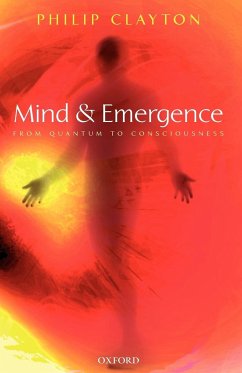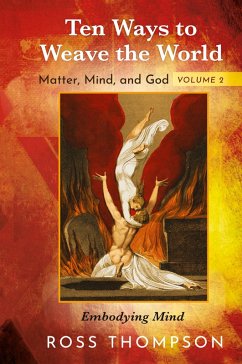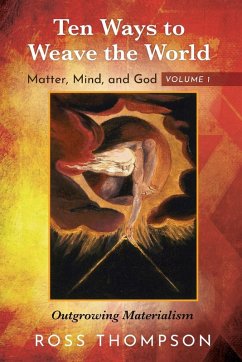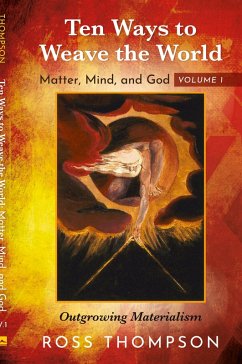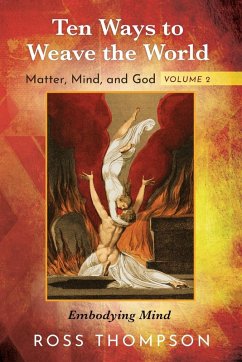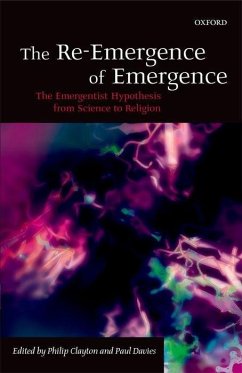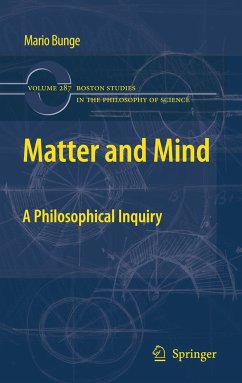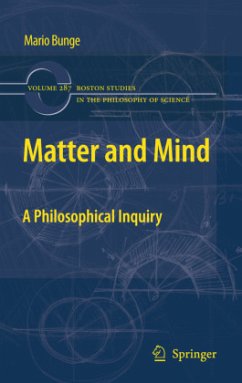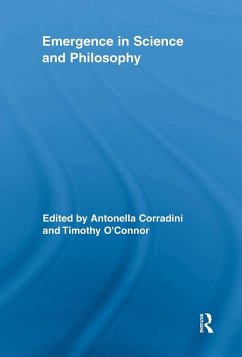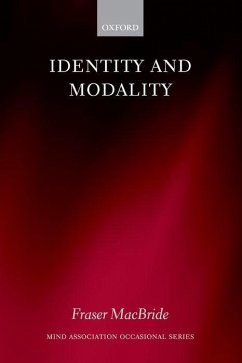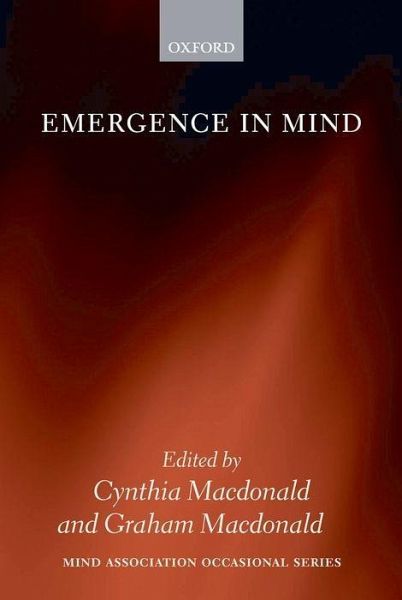
Emergence in Mind
Versandkostenfrei!
Versandfertig in 1-2 Wochen
115,99 €
inkl. MwSt.

PAYBACK Punkte
58 °P sammeln!
There have long been controversies about how it is that minds can fit into a physical universe. Emergence in Mind presents new essays by a distinguished group of philosophers investigating whether mental properties can be said to 'emerge' from the physical processes in the universe. Such emergence requires mental properties to be different from physical properties, and much of the discussion relates to what the consequences of such a difference might be in areas such asfreedom of the will, and the possibility of scientific explanations of non-physical (for example, social) phenomena. The volum...
There have long been controversies about how it is that minds can fit into a physical universe. Emergence in Mind presents new essays by a distinguished group of philosophers investigating whether mental properties can be said to 'emerge' from the physical processes in the universe. Such emergence requires mental properties to be different from physical properties, and much of the discussion relates to what the consequences of such a difference might be in areas such as
freedom of the will, and the possibility of scientific explanations of non-physical (for example, social) phenomena. The volume also extends the debate about emergence by considering the independence of chemical properties from physical properties, and investigating what would need to be the case for there to be
groups that could be said to exercise rationality.
freedom of the will, and the possibility of scientific explanations of non-physical (for example, social) phenomena. The volume also extends the debate about emergence by considering the independence of chemical properties from physical properties, and investigating what would need to be the case for there to be
groups that could be said to exercise rationality.



